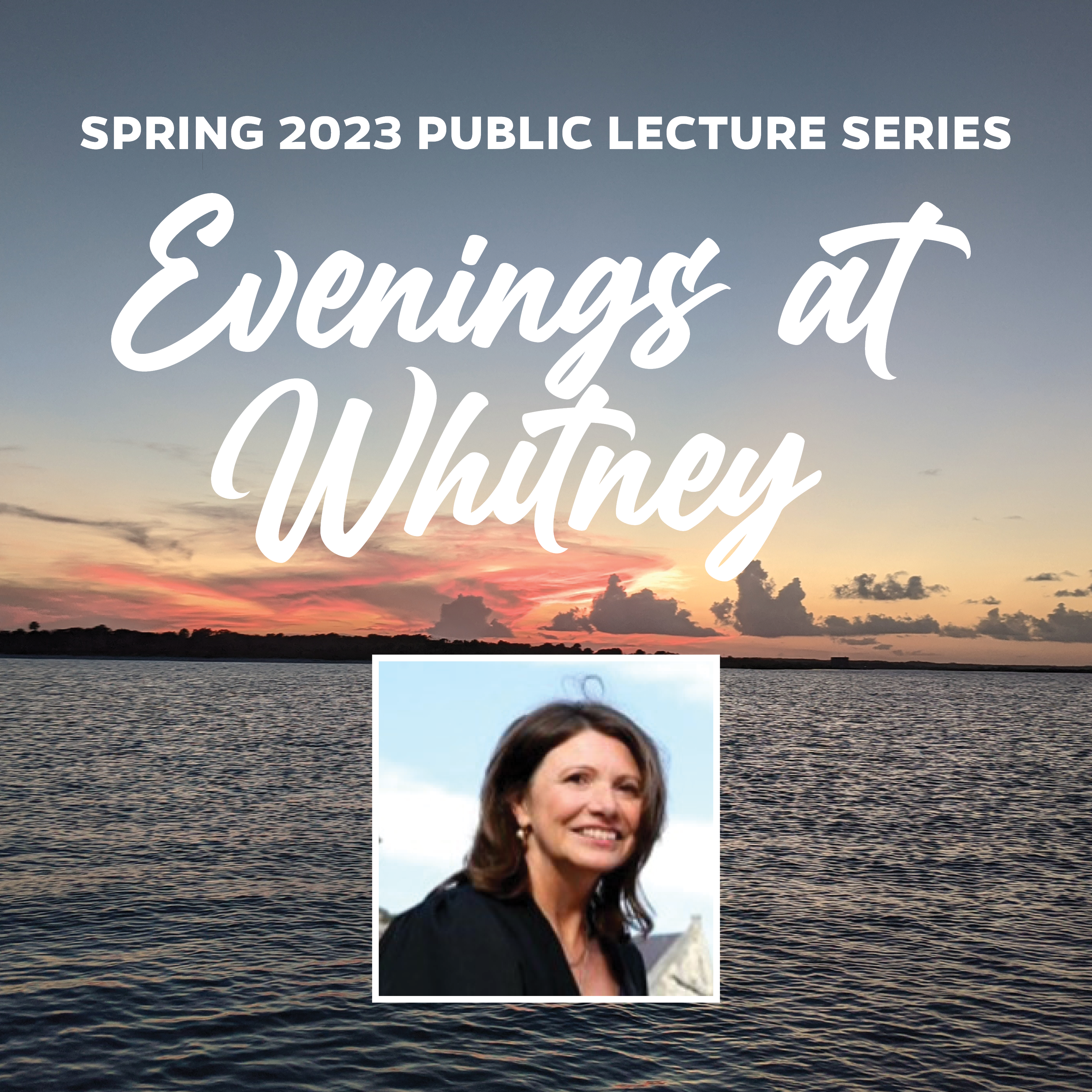 The Whitney Laboratory for Marine Bioscience
The Whitney Laboratory for Marine Bioscience

The Evenings at Whitney Lecture Series hosted by the University of Florida Whitney Laboratory for Marine Bioscience continues Thursday, March 9, 2023, at 7 p.m. with the program titled “How to build an animal: learning from the embryo”. Dr. Paula Murphy, Professor in the Zoology Department at University of Dublin, Trinity College Dublin, will be the speaker.
This free lecture will be presented in person at the UF Whitney Laboratory Lohman Auditorium, 9505 Ocean Shore Boulevard, in St. Augustine. Those interested also have the option of registering to watch via Zoom live the night of the lecture.
https://ufl.zoom.us/webinar/register/WN_bPWshE0OQo2jnD6WHbX94A
Researching how an animal is formed from a single cell (the fertilized egg cell), generating the unique shape and form of that species, addresses some of the most fundamental questions in biology e.g., how cells become different to each other and how the shapes of structures such as an arm or a leg or a bird’s wing are established.
A fundamental understanding of how cells behave and co-operate to assemble structures and organs provides valuable insight into what happens when things go wrong, for example in congenital abnormalities or cancer, and can provide new avenues for prevention or improvement of treatments. In particular, attempts to rebuild tissues and organs for replacement following disease or damage are inspired by understanding how the tissues and organs are built in the first place, in the embryo.
This talk will present examples of such questions being addressed in the Murphy lab, in particular asking why embryo movement during development is vital for building a healthy skeleton (i.e., why babies kick in the womb). This knowledge provides new ideas to address a major unmet clinical need; the regeneration of skeletal tissues such as cartilage and tendons.
Dr. Murphy is Professor in Developmental Biology at the University of Dublin, Trinity College Dublin. Following a primary degree in Genetics at Trinity she carried out research for her PhD at the Medical Research Council Human Genetics Unit at Edinburgh University, contributing to the discovery and understanding of Hox genes, so crucial to building the animal body plan. She benefitted from international postdoctoral research fellowships to work with and learn from mentors in different international settings in Rome, Paris and Oslo studying the development of different parts of the body including muscle, brain, and skeleton. She returned to Ireland to take up her position at Trinity 21 years ago where the major focus of recent research is understanding how skeletal tissues such as bone, cartilage and tendons develop and the importance of mechanical cues in their formation.